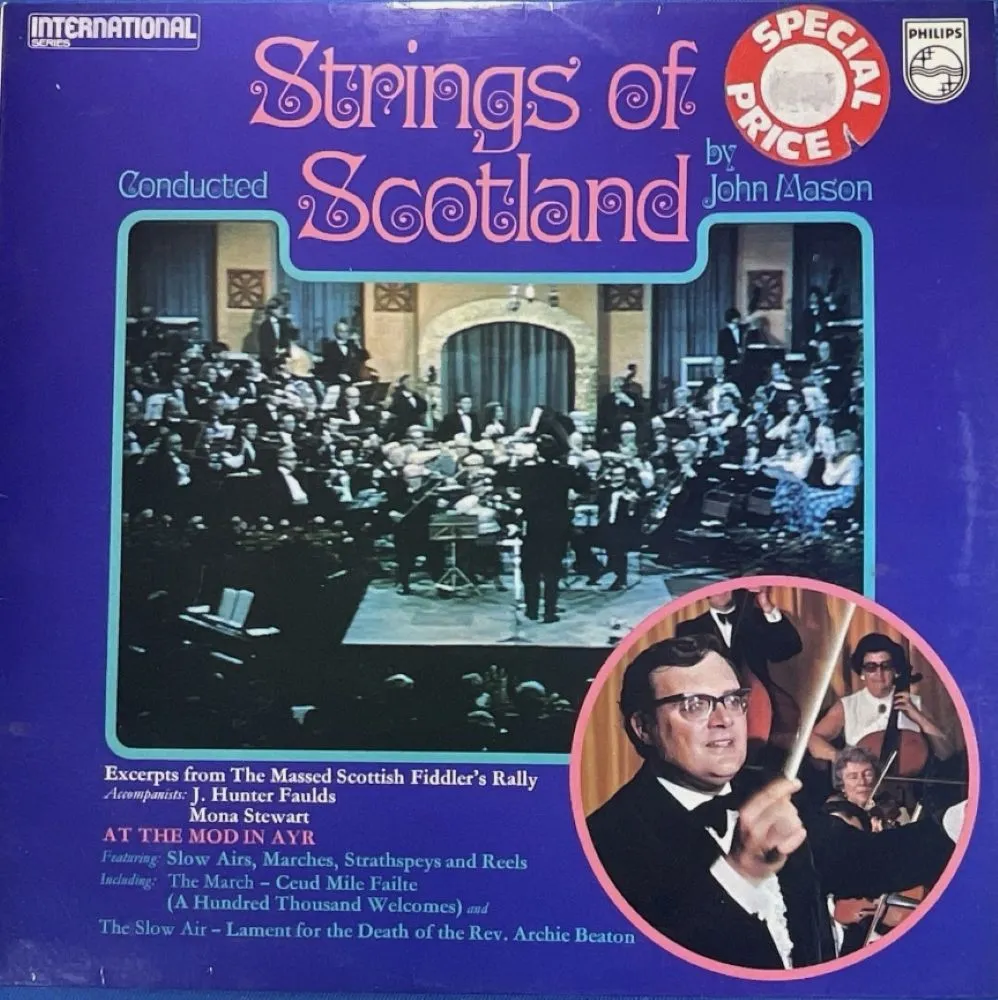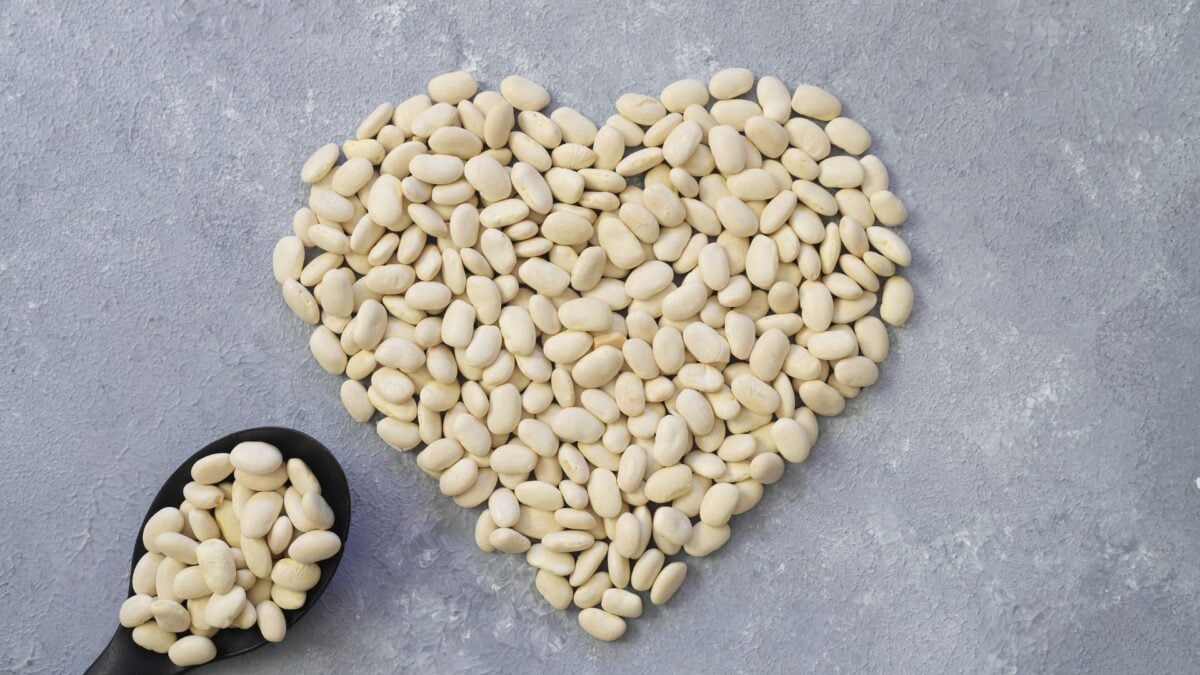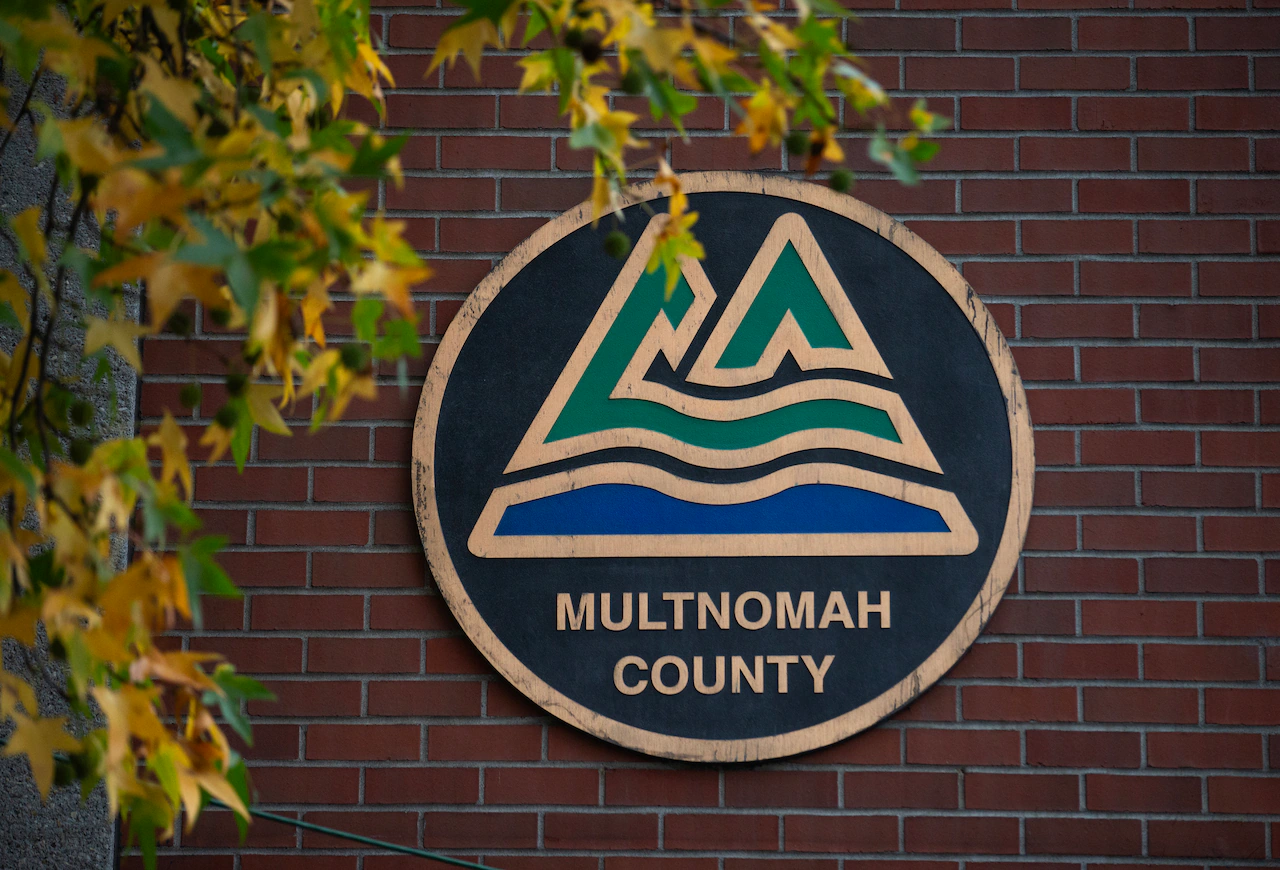Copyright theorkneynews

The article about the ‘John Mason Treasury’ reached my Inbox on the morning of October 23rd, and came as good news because I had been aware of the project since its inception. Over lunch I discussed it with the musician and herbalist Keith Robertson, whose trio will be playing at the Glenisle Hotel, Lamlash, Isle of Arran, on the evening of Friday 24th – which happens to be my 80th birthday. As an unexpected birthday present, it would be hard to surpass. I first met John Mason at the second Blairgowrie Folk Festival in 1967. At the time he was playing in the Mona Stewart Ceilidh Band, based in Newton Stewart, where he worked as a solicitor. I booked the Band to play at the Prestwick Folk Song Club, in the Golden Eagle Hotel, and during the evening John told me that he would shortly be moving to Troon, where I lived, to take up a position with Waddell & Mackintosh, Solicitors. He was to remain with the firm for the rest of his life, rising to Junior Partner, Assistant Procurator Fiscal in Ayr, and finally Senior Partner before his death in 2011. I introduced John to the Irvine Folk Song Club, which met at the Sun Inn in the oldest pub lounge in Irvine, where as I expected he was a big hit: in general the Prestwick audience were more interested in singing techniques, while the Irvine one particularly liked instrumentalists. Because of his work commitments John could seldom be a guest artist, but he would often drop in to one club or the other and press-gang one of the guitarists into accompanying him. One memorable example was at the Prestwick Club on 6th May, 1968, when he pushed Gus Langlands into backing him and gave a spot which included one of his party pieces, ‘The Hen’s March to the Midden’, with audience participation, in front of Martin Carthy and Dave Swarbrick. He explained later that his variations on that had been much copied by other performers, so he kept other party pieces such as ‘The Four-Poster Bed’ for private audiences, under wraps especially when other fiddlers were present. By that time the Irvine Club had some well-established traditions, which included singing ‘Why Was He Born So Beautiful’ to whoever won the raffle. John started a new tradition, in which he and Buff Wilson would lead all the performers in a closing, extended version of ‘The Saints’ or ‘Momma Don’t Allow’ in which everyone soloed (I played jazz kazoo). In 1973 John organised and conducted the Fiddlers’ Rally for the first Lowland Mod, in Ayr, and in 1975 he released an LP of it, ‘Strings of Scotland’ (Fig. 2), which became a hit and funded many of his later efforts, forming the Fiddlers’ Rallies into the Scottish Fiddle Orchestra and taking it first nationwide, then worldwide, for many years thereafter. As I wrote in my collection The Other Side of the Interface (Other Side Books, 2021), there are stories “for which the world is not yet prepared”, including how the BBC recovered the British Forces Network abridged versions of Charles Chilton’s Journey into Space, and how John Mason achieved the Strings of Scotland LP – one minor part of which was begging from me the tape I’d recorded from the audience of the Fiddlers’ Rally, which filled a gap in one of the pieces. After John’s death, I was contacted by his sons Rognvald and James, who were undertaking the huge task of compiling all 600 of John’s completed works. The surprising news was that there was an unpublished piece dedicated to me, The Sands of Troon, for Duncan Lunan, headed ‘Pipe March in D’ and ‘5/9/05’ on the copy of the manuscript which they gave me. As that was a month before my 60th birthday, he might have intended to play and present it then, but something prevented it – possibly ill-health, because he did have some severe spells of that. The closing Notes suggest that the title is meant to be an SF reference, invoking Arthur C. Clarke’s The Sands of Mars and Frank Herbert’s Dune. Sadly, we shall never know, but at least the piece is published and out there worldwide (along with 599 others, equally deserving of recognition).



